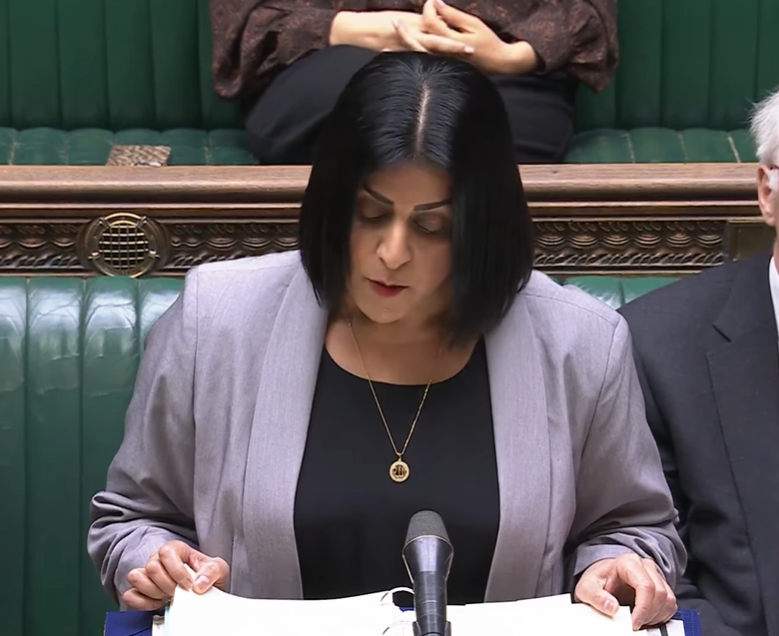Shabana Mahmood, the UK’s justice secretary and lord chancellor, is considering mandatory chemical castration for the most serious sex offenders.
The proposal forms part of radical sentencing reforms aimed at freeing thousands of prisoners and easing prison overcrowding in England and Wales.
Justice Secretary Reviews Radical Sentencing Reforms to Address Prison Overcrowding
The justice secretary’s department plans to expand a pilot programme to 20 regions. The measures come from 48 recommendations presented by David Gauke, chair of an independent sentencing review.
Mahmood addressed the Commons on 22 May 2025 to outline which measures she would accept.

Government sources said she is expected to accept the review’s key measures, including releasing well-behaved prisoners on electronic tags after serving a third of their sentences.
The proposals also include freeing those convicted of serious sexual or violent crimes to serve sentences in the community after completing half their prison term.
Sexual offences accounted for 21% of adults serving immediate custodial sentences at the end of March 2025.
The UK has one of the highest prison populations in western Europe. A report warned that England and Wales could run out of prison space by spring 2026 if current trends continue.

Chemical Suppression Programme Uses Two Types of Medication
The chemical castration programme would expand an existing pilot trial that began in 2022 at prisons in south-west England.
The pilot was scheduled to end next year, but the review recommends continued funding for such services.
The programme uses two drugs delivered alongside psychiatric treatment.
Selective serotonin re-uptake inhibitors (SSRIs) limit invasive sexual thoughts.
Anti-androgens reduce testosterone production and suppress libido.
Inmates also receive therapy targeting psychological causes of sexual offending, such as desires for power and control.
The report states that “problematic sexual arousal and preoccupation can be reduced via chemical suppressants and other medications, which can be prescribed for individuals who have committed a sexual offence under certain circumstances.”
The government plans to use the current pilot as preparation for nationwide rollout.
Ministers have been urged to build a comprehensive evidence base on chemical suppression for sex offenders by examining similar programmes in Germany, Denmark and Poland.
Currently, participation in the programme remains voluntary in England and Wales. However, government sources indicate Mahmood is exploring whether chemical castration could become mandatory for the most serious offenders.
Medical Experts Oppose Mandatory Chemical Castration Programme
Leading experts in chemical castration have expressed strong opposition to making the programme compulsory. Many experts have refused to participate in any mandatory programmes, citing ethical concerns.
Medical professionals argue that “doctors are not agents of social control.” They consider it “ethically unsound to use medication to reduce risk rather than to treat a health indication.”
Doctors emphasise their role is to treat patients with consent, particularly when medications can have significant side effects. Experts warn that mandatory programmes could create new problems, including increased hostility among inmates.
They also note that many offenders would volunteer for programmes simply to secure early release, rather than for genuine treatment purposes.
The review includes other recommendations such as using custodial sentences under 12 months only in exceptional circumstances and extending suspended sentences to three years.
It also calls for expanding specialist domestic abuse courts and increasing funding for probation services.
Chief constable Sacha Hatchett said adequate funding must be reflected in the upcoming spending review to support these measures.
The National Police Chiefs’ Council echoed calls for more resources to manage offenders in the community.
Conservative shadow justice secretary Robert Jenrick condemned the review, saying the government is “effectively decriminalising crimes like burglary, theft and assault.”




